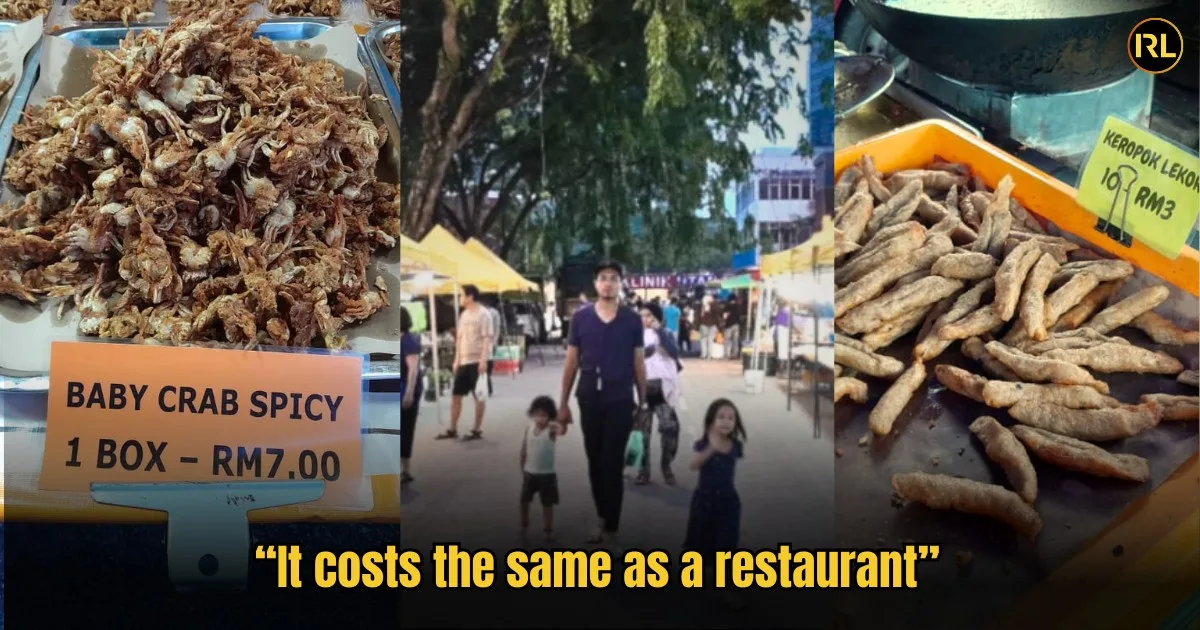
Are the rising costs of living in cities like Kuala Lumpur, Johor, and Penang a bad sign for the humble pasar malam?
The pasar malam is a cornerstone of Malaysia’s local culture, but these days, fewer people are buying its wares, even though many still visit these recognizable night markets.
Rising cost of living in cities like Kuala Lumpur, Johor, and Penang has prompted customers to look elsewhere for more affordable lunch and dinner options.
Prices Are the Same as in Restaurants
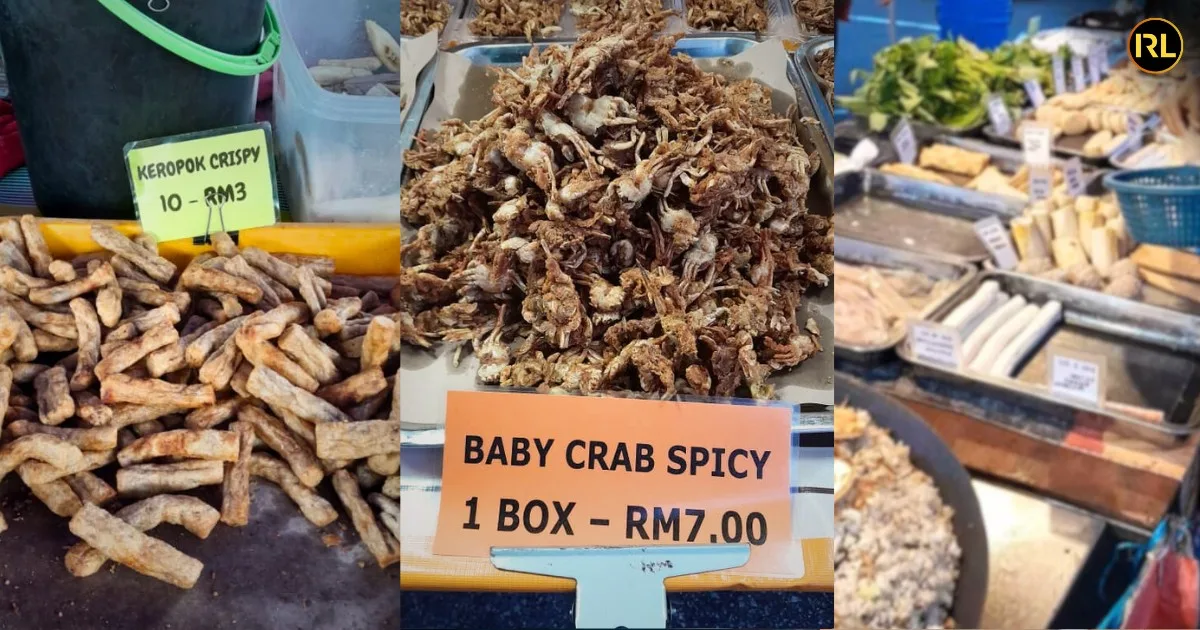
In the 1980s and 1990s, food and drink at the pasar malam, fondly known to Malaysians, were considered cheaper. However, for the first time, prices at the pasar malam have skyrocketed, rivaling those of restaurants and malls.
“RM8 for cookies, can you believe it?” shared Haslina Hasan, 27.
““A bottle of water is usually RM 2.50, but they sell it for RM 5. Make it make sense,” said Ahmad Daniel, 32.
“Nowadays, don’t bother going to a pasar malam with your family unless you’re willing to spend RM100 or more,” added Zamani, 45.
Zamani listed the average food prices at a pasar malam in the Klang Valley:
- 10 sticks of satay: RM18
- One piece of fried chicken: RM5
- A packet of mee goreng: RM5
- Tidbits like fries and nuggets: RM3–RM5 per snack
With three young children to feed, Zamani’s food bill easily totals RM70, comparable to dining out at Pavilion or Sunway Mall.
Food Quality Leaves Much to Be Desired
Despite rising prices, pasar malam food quality has not improved; in some cases, locals in the Klang Valley report that it has declined.
“The Milo drink at the pasar malam is so diluted—it’s more like cocoa water. I’d rather make it at home,” said Freddie Ang.
“Prices have become premium, but the food is cold. Plus, those with money tend to choose restaurants instead,” added Fabilah Ibrahim.
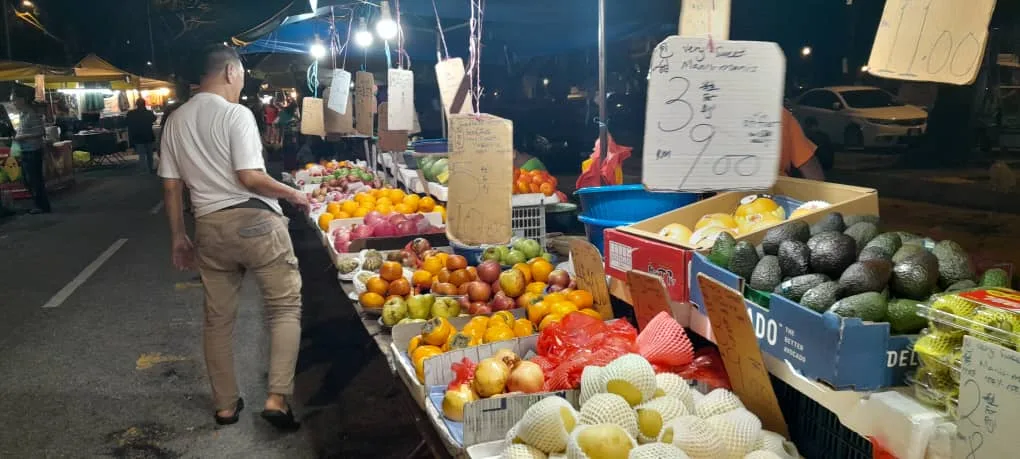
In addition, the pasar malams face stiff competition from restaurants, because they offer the convenience of seating options, freshly-served food that hasn’t been left out and gone cold, and patrons can enjoy football or order dessert or drinks with their meal.
“I’d rather eat at a mamak or a restaurant. I can order a drink, sit as long as I like, and the food is hot,” said Saiful, 31.
Times Have Changed
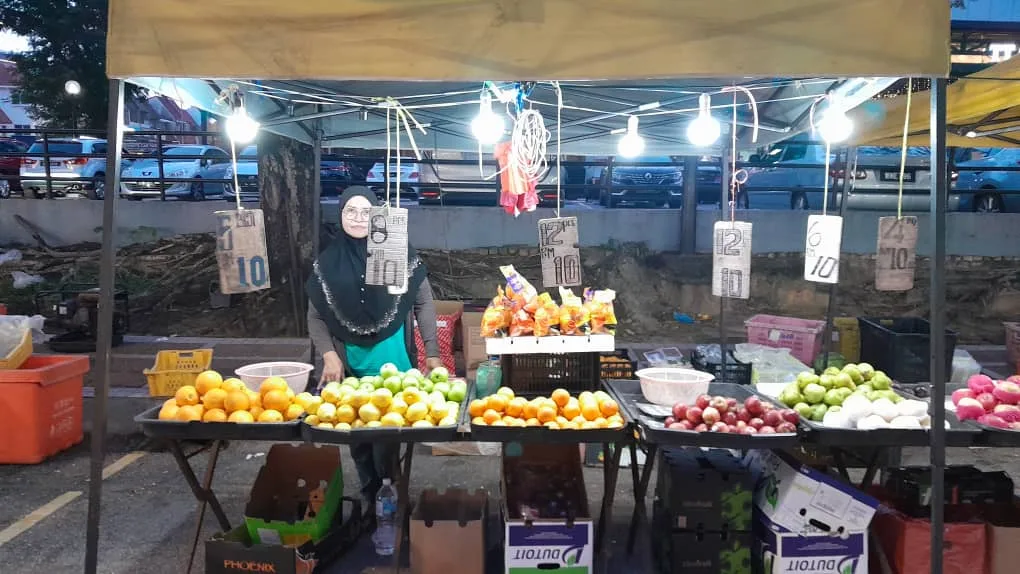
In their heyday, pasar malams were open until midnight, with throngs of customers lining the roads late into the night. Now, however, pasar malams operate shorter hours and close earlier.
“The pasar malam has become the pasar petang (afternoon market) because by 8 p.m., all the food is gone, and by 9 p.m., they’ve packed up. Back then, they used to stay open until midnight,” said Norasiah Ishak.
Meanwhile, younger Malaysians increasingly prefer malls and food expos, which attract a more hip and affluent crowd.
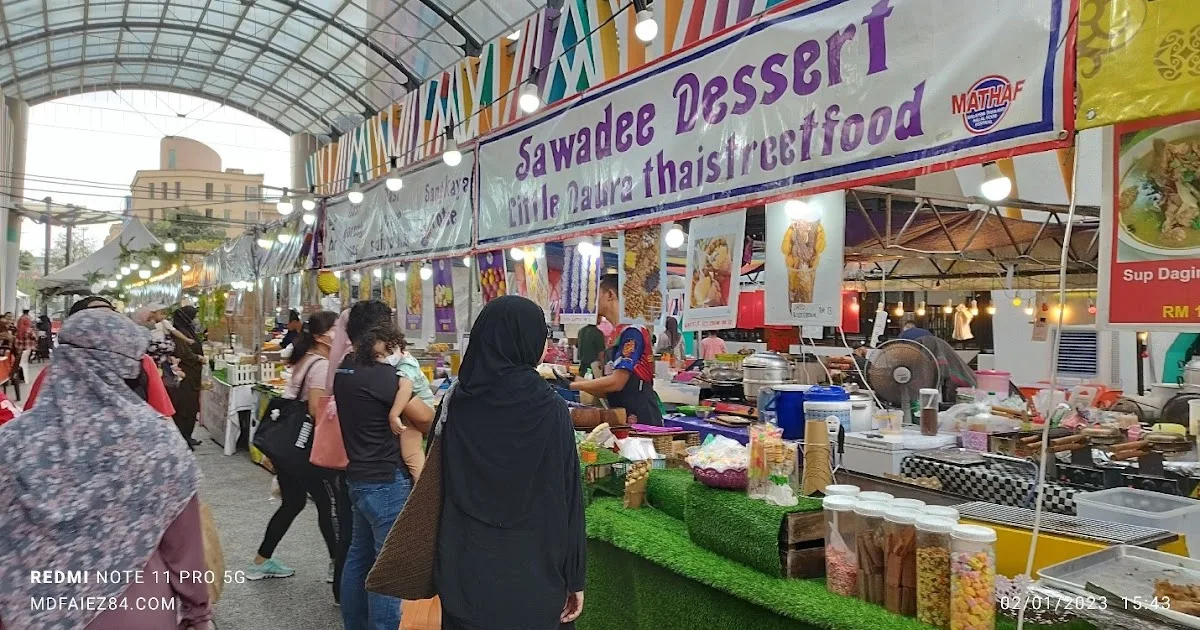
“So many Malaysians prefer to check out Thai food expos, coffee and dessert festivals, and viral food crazes, even though they can get the same kind of food at the pasar malam,” said Aqilah Natasha.
Adding to these challenges are online e-commerce platforms like Shopee and Lazada, where prices compete with those of physical vendors.
“The truth is, everyone is trying to save money and avoid going into debt,” added Wan Hasan.
Are pasar malams going out of business in Malaysia?
Share your thoughts at ym.efillaerni@olleh and your opinion may be featured on In Real Life Malaysia.
Also read:
How Much Money I Save By Shopping At The Wet Market At 3am
More from Opinion
This Syrian Woman Compares Living in Malaysia with Her Home Country
This story is by a Syrian woman who shares her experiences of two parts of Asia that don't often get …
“Why Should I Cover My Tattoos To Get The Job?” Teacher Questions Dress Code in Malaysia’s Private Education Sector
This opinion piece is shared by a teacher who challenges the idea that tattoos should be covered up and calls …
“I’m not a Man!” Woman Who Is Constantly Mistaken For a Man in M’sia Shares Her Daily Struggle
This story is a user submission about one woman’s experience of being called a man in an MRT restroom, shining …














